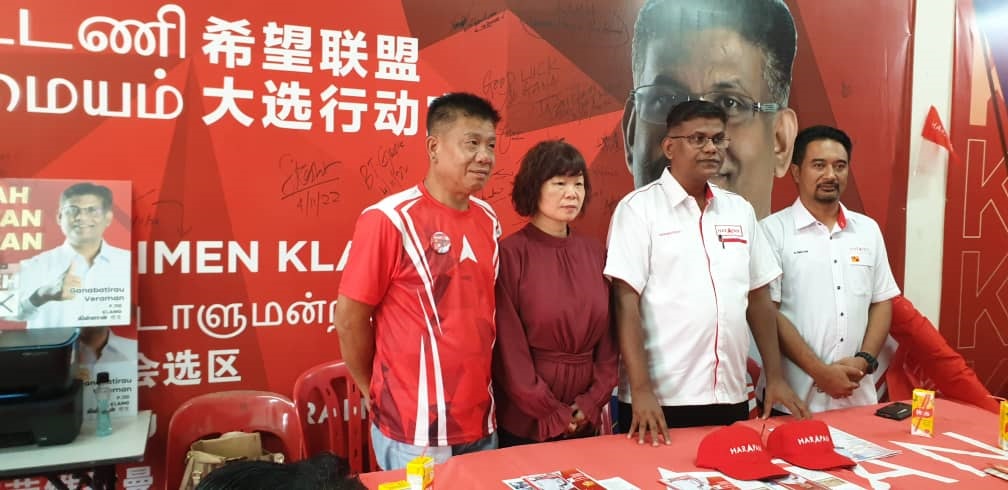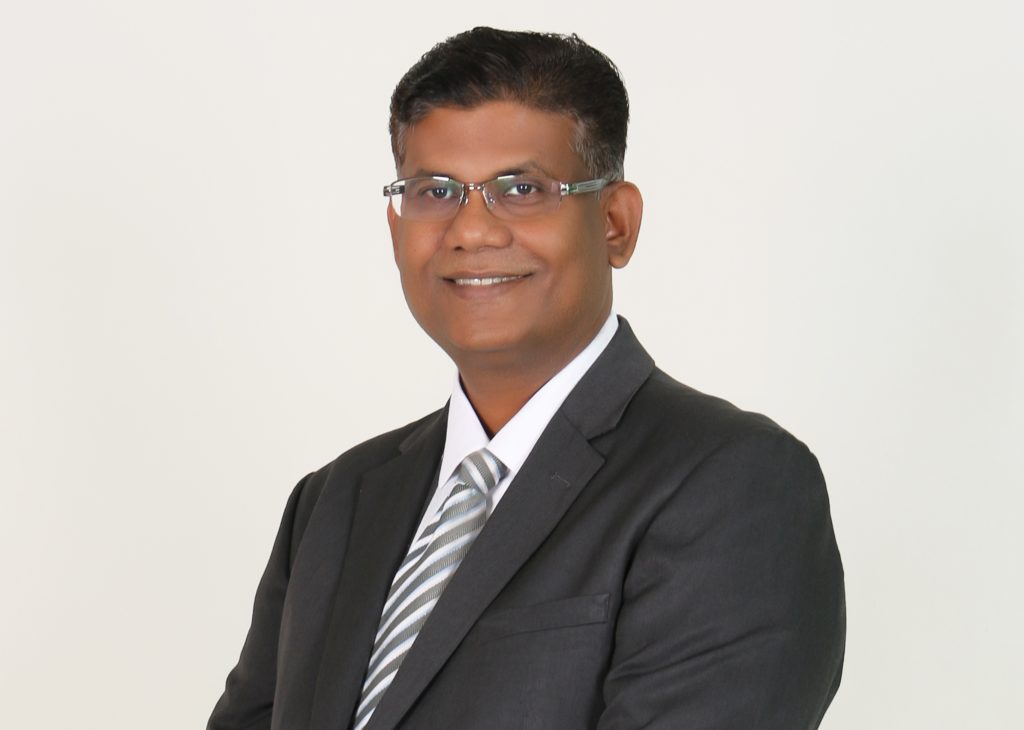
The Indian Dilemma Part 5 (Final)
By Ganabatirau Veraman
Arriving at the final chapter of this series, I’m having mixed feelings. I feel happy, proud, confused, sad, and hopeful. Some people might think that I’m desperately trying to portray the Indian community as victims. That isn’t my intention – I’m simply expressing the truth; the dark side that usually goes unnoticed, that part of the Malaysian perspective that not all politicians or mainstream media would tell you.
Since Independence, the Malaysian Indians have neen facing many issues due to the various policies and social structures which have directly jeopardized their growth. I don’t want the grievances raised here to sound like a list of complains either, without the offer of any possible solutions.
As I have previously suggested, the Malaysian Indian Transformation Unit (MITRA) should rightfully be placed under the Prime Minister’s Department similar to TERAJU. While there is appreciation for the allocation of 100 million ringgit to MITRA, it’s doubtful whether it is sufficient to combat or meet the needs of the community.
On the 15th of September 2023, in my debate regarding MITRA issue in the parliament, I stated that the funds allocated for it was less than 0.1 percent of the overall budget of the nation. This comment attracted both positive and negative reactions. Many noted with disappointment that the government had allocated only 0.1 percent of its funds for the development of the community that makes up to 7 percent of the population and roughly a quarter of its supporters. Therefore, this number has to be revisited and increased so that the department can comfortably look into uplifting the Indian community’s socio-economic stance. Correspondingly, there should be enhanced transparency and accountability in the management and administration of MITRA.
As for education, the quotas given to Indian students for matriculation entry or public universities should be done with more transparency as it was done previously. Even the acceptance of non-Bumi students into matriculation was a result of decades of battle. The young minds within the Indian community are in need of a wider range of educational opportunities in some targeted field of study such as medicine, law, engineering, computer sciences and so on.
With the increasing number of students and an expansion in the economy, I truly believe this is the right time for the MADANI government to visit the idea of building more public universities as the current ones are slowly becoming harder to get in for the Indians students due to “non-existing” quota system.
There can be at least one more public university so we can cater to the non-Bumi students who are left out despite meeting the exam criteria. The idea that “non-Bumi students can afford private education” can no longer apply. We all suffer financially; we all need affordable and quality education from the government.
Next, I sincerely hope the MADANI government would combat the housing issues and discrimination often faced by Malaysian Indians while purchasing or renting a home for themselves (Times, 2023). The Indian community in Malaysia has long been grappling with challenges in finding suitable housing, a problem exacerbated by racial discrimination.
When a particular race group who have stayed in the country for centuries complain about being unable to get a roof over their head as if they are a newly migrated refugee group, there is a need for the government to take some responsibility. My suggestion: The government should allocate at least a minimum of 10 percent in houses developed by the government to the low-income group from Indian community. This would offer them the chance to purchase a property, and go a long way to uplift their standard of living.
As previously stated, the racial representation in the civil service does not mirror the demography of our country’s population. Even though Indians form 7 percent of the population, they account for 3.8 percent of civil servants. This must change. As we have seen how the Indian community are left behind in the Malaysian social hierarchy, a minimum of 10 pecent in the civil service should be allocated for them. This will both sustain the Indian community’s representation in the civil service and uplift their socio-economic status.
Finally, the MADANI government must tackle issues related to the relocation of Tamil schools and Hindu worship houses. Recently, we have been receiving various information regarding the decreasing number of students in many Tamil schools in rural areas. However, I do not think that closing Tamil schools with a smaller number of students is the way to go. It will be better to relocate these schools to the nearest urban area with a higher population density or merge these schools with Tamil school in urban areas with enough students.
This method could be also applied to managing problems faced by Hindu worship houses that have permit issues or do not have the lawful land acquisition. Many of these temples have sat on the land they occupy for a long time and some even before Independence in 1957. Due to a lack of awareness and some smaller machineries in the government, many of these worship houses were unable to acquire the right documentation. There is a need for a task force and allocate a proper amount of financial support for these worship houses to deal with relocation.
I see the MADANI government as the last resort in the mission of creating a fair and sustainable environment not just for the Indian community but for all races in the country. Our Prime Minister himself has been quoted saying that the Indians have been victims of systematic marginalisation. It is my hope that the many issues raised will be given the due consideration and marginalisation will be a thing of the past.

Ganabatirau Veraman is the Member of Parliament for Klang. In a series of articles, he speaks of his aspirations and hopes to see an overall upliftment for the Malaysian Indian community. He hopes that his advocacy for more action will bring greater support and deserving fair deals for the community.
The views expressed here are that of the writer’s and not necessarily Weekly Echo’s.